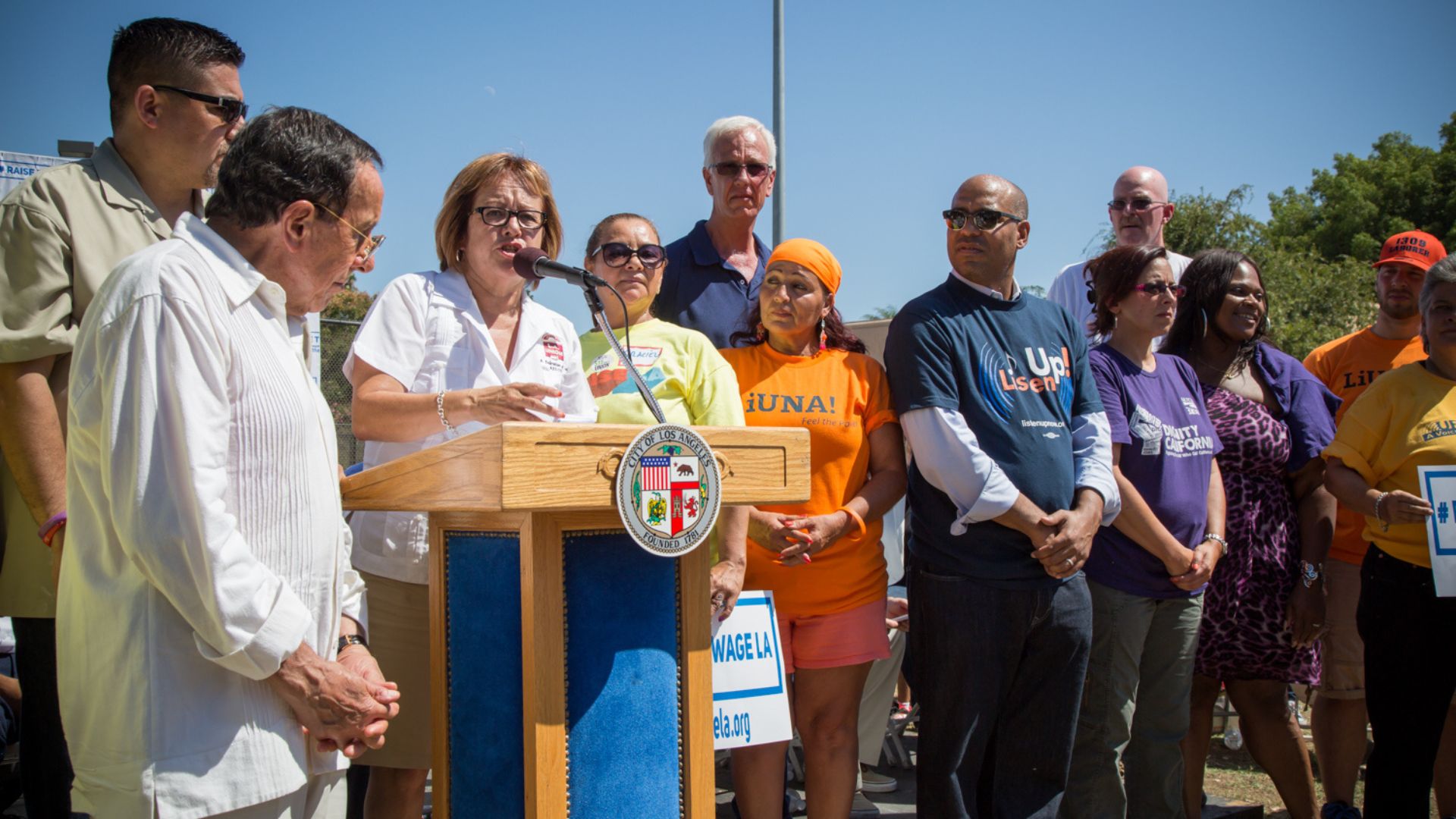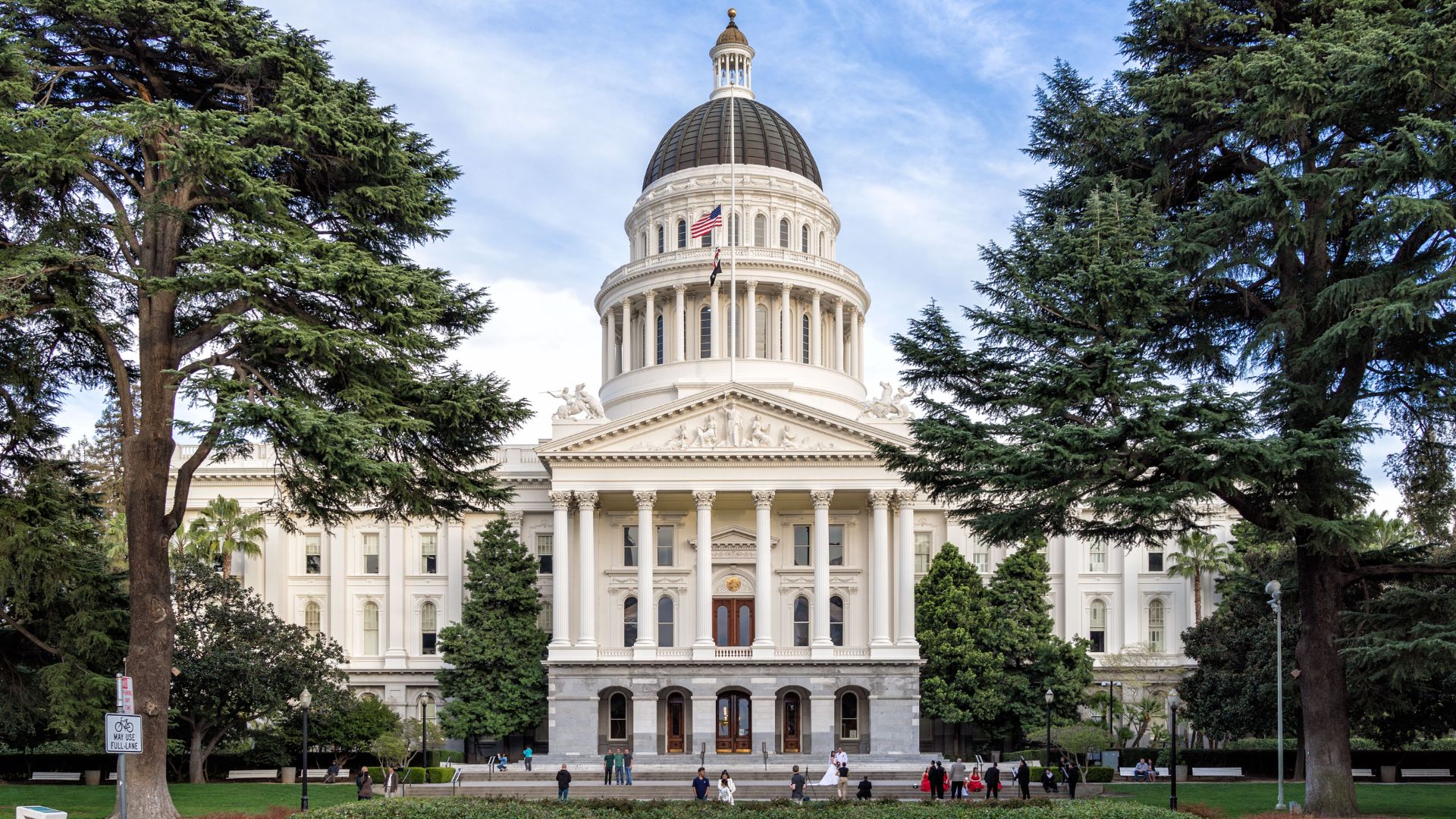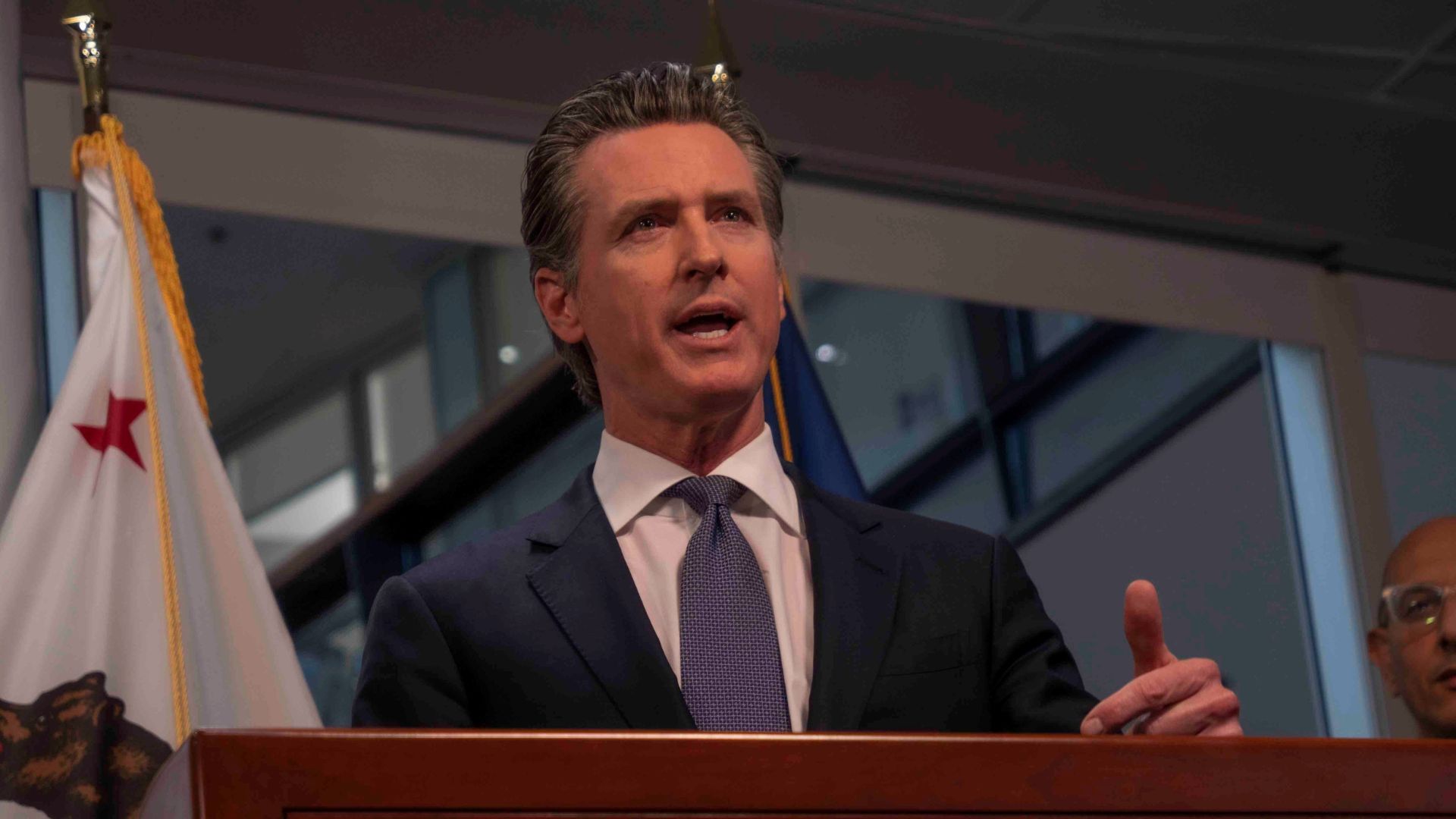California lawmakers have pushed for a delay in an anticipated minimum wage increase for healthcare workers in the state.
This sudden change comes as California faces ongoing budget issues, as well as backlash from the state’s new fast food minimum wage law, which has raised fast food workers’ wages to at least $20 an hour.
Raising Healthcare Workers’ Wages

The fight for healthcare workers in California to be paid more has been an ongoing struggle. However, last year, it seemed as if healthcare workers had won this battle.
This led California Governor Gavin Newsom to sign legislation that would allow the minimum wage of healthcare workers in the state to be at least $25 an hour. This law was set to go into effect on June 1 of this year.
A Delay

However, now, a potential delay has occurred. State Senator Maria Elena Durazo has recently submitted paperwork that would lead to this law being delayed to July 1.
Notably, Durazo is the California lawmaker who actually wrote this legislation to increase healthcare workers’ wages.
Touting the New Law

In a statement, Durazo first began by cheering the legislation that was passed — and signed by Newsom — last year.
Durazo explained, “SB 525 provided a historic wage increase to more than 450,000 health care workers mainly women and people of color, who take care of us and keep our health care system functioning.”
Healthcare Employers Are Already Increasing Wages

Durazo further applauded some healthcare employers and businesses that have already raised wages in anticipation of this June 1 — and now, possibly July 1 — start date.
“It is clear that these workers need this to help support their families and I appreciate healthcare employers that recognized this and have begun to increase wages,” Durazo said.
Why the Delay Must Happen

According to Durazo, this delay must be moved to July 1, as it will start with SB 525’s budget year.
Durzao explained, “SB 828 moves the start date of the health care minimum wage by one month to July 1, 2024. This aligns SB 525 with the budget year and allows the Legislature to continue discussions with the Administration and technical changes to ensure health care workers get their raises.”
Gutting and Amending Legislation

After asking for this delay in the new law going into effect, Durazo also requested for SB 828 to be both gutted and amended.
This bill had the requirement that the Department of Corrections and Rehabilitation must give reports on its programs.
A Delay Amid Budget Issues

This request for a delay in the healthcare minimum wage bill comes as Governor Newsom continues to face criticisms regarding his budget ideas.
This specific law has even been discussed between the governor and the Legislature, which is Democrat-led, during these budget talks.
A Billion Dollar Cost

One of the main reasons this healthcare minimum wage law has been so heavily discussed when mentioning the budget is because of how much the raise in wage could end up costing.
California has already come out and stated that the law could cost about $4 billion each year. During a period where Newsom is trying to implement budget cuts, many have pointed to this bill in criticism.
Ongoing Negotiations

Newsom himself has mentioned that a healthcare minimum wage rise has been mentioned often when it comes to budget talks.
However, Newsom has also explained that these talks remain ongoing — and no solution or change has yet been agreed upon.
Fallout Over Fast Food Minimum Wage Law

This potential delay in the healthcare minimum wage law also comes as businesses and detractors continue to call out Newsom for the passing of the state’s fast food minimum wage law.
This legislation, which went into effect earlier this year, has been blamed for the higher prices seen at many local fast-food restaurants, as well as for many business closures.
The Fight for Higher Pay

However, this legislation was heavily fought for by unions and workers in the state who have increasingly felt left behind, thanks to California’s skyrocketing cost of living expenses.
Many are struggling to live in the state because of high taxes, high housing prices, and an overall high cost of living. Some have sought out higher wages, as seen in this new law, to better afford living in the state.
